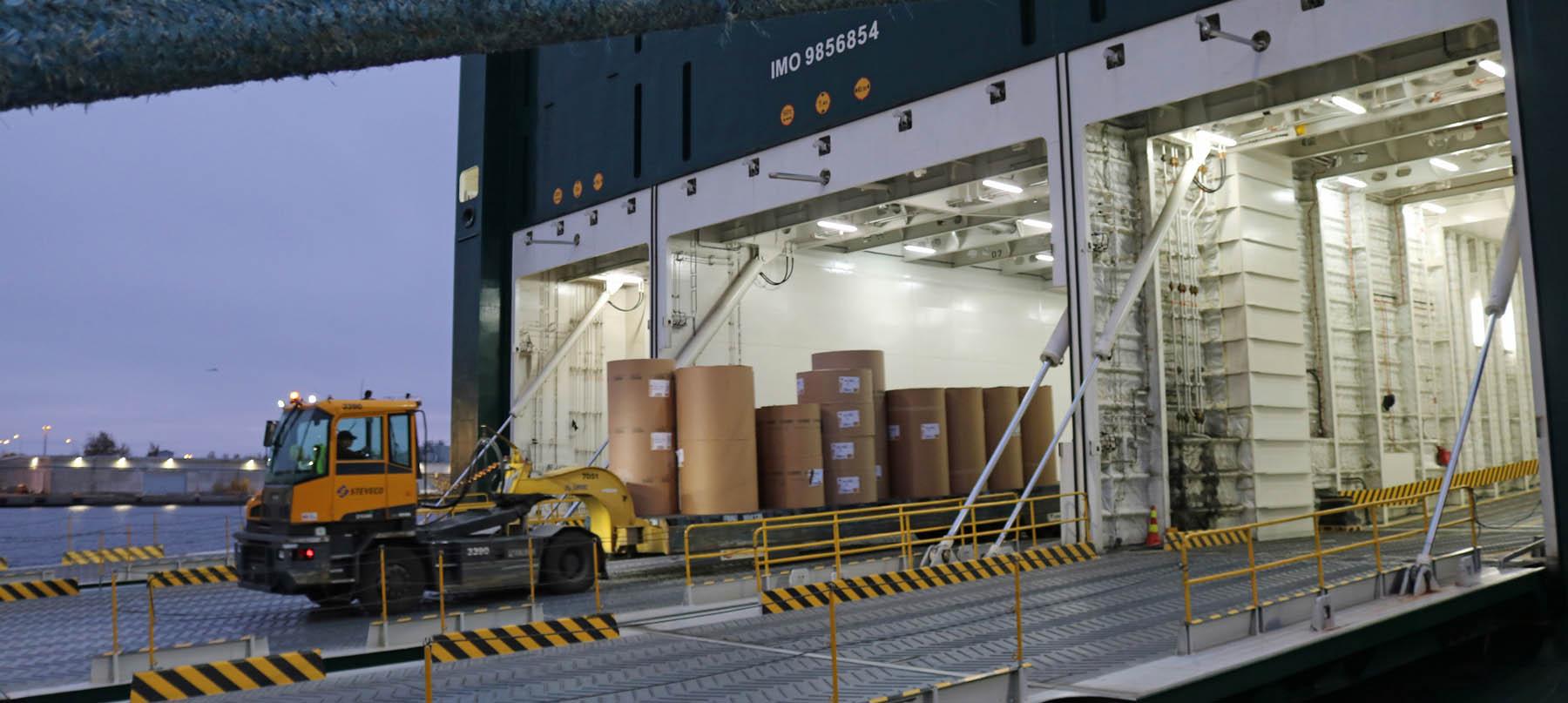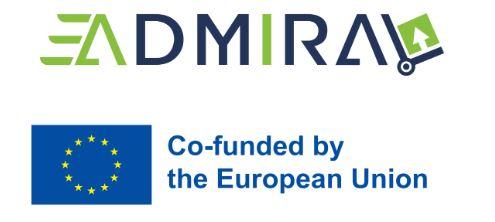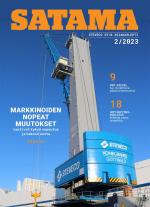Artificial intelligence in port operations

In just a few years, Steveco might utilise machine learning to reduce the amount of routine work in production planning. Professionals can then focus on monitoring the service process. Best of all, this will also reduce emissions from port operations.
This is an EU project called Admiral, which, among other things, studies the use of artificial intelligence in port operations, especially in planning tasks. The aim is also to increase knowledge of ways to reduce emissions in operating models, new technologies and fuels.
Heikki Jääskeläinen, Senior Vice President of Developments and Assets at Steveco, is pleased that the company has been able to participate in the project. The large project involves 21 European participants from nine countries, including research institutes. In addition to Steveco, Finland is represented by VTT and software company Awake.AI.

“These kinds of projects are important. We get information about European logistics research and future development trends and priorities,” says Jääskeläinen.
The project also includes several sub-projects. Together with VTT, Steveco’s task is to examine how artificial intelligence can be used to improve efficiency and reduce emissions, among other things. Steveco’s contribution is to provide the operating environment and practical know-how to the project.
The project started in the spring and will last for three years.
Putting benefits into practice
“We have started the project by surveying the current state. Once factors impacting efficiency and emissions – such as reasons for the variable driving distances generated by unloading vehicles – are known, we can consider what measures can be taken to utilise machine learning in production planning. We are able to increase efficiency, reduce emissions and improve energy efficiency.”
Steveco’s customers will also benefit from more efficient operations and from monitoring and reducing emissions in their supply chain. The project promotes things on a small scale, but the tried and tested innovations can be replicated more widely in the future.
According to Jääskeläinen, it is very important that the project is not just for research.
“We would not be involved if the project did not result in practical benefits and improved operating models. The same was true of our previous EU project, the COREALIS project,” Jääskeläinen points out.
Text: Kirsi Riipinen

